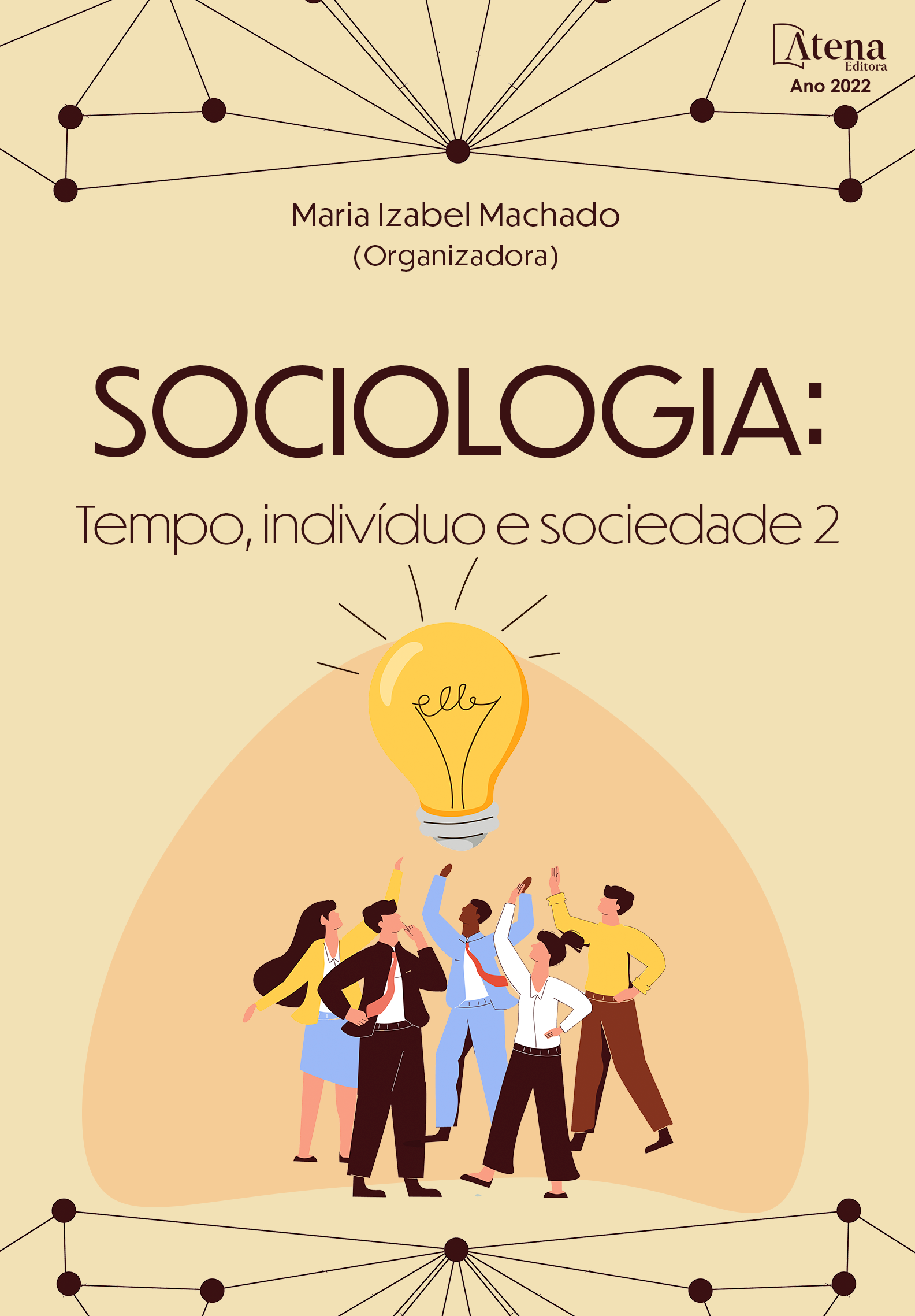
Descomposición global social, migración perenne
El desplazamiento, la movilidad del hombre ha sido históricamente un asunto permanente y, hasta cierto punto necesario. A partir de la aparición del hombre este se ha desplazado de un lugar a otro de una manera regular, tan es así que el poblamiento de la tierra se dio de esa manera; moviéndose de un sitio a otro, oleadas migratorias, que crearon ciudades; casi siempre, buscando mejores condiciones de vida, iniciando en el sur de África y migrando al Asia, Europa, Groenlandia, América del Norte y América del Sur, el mundo entero; Recordemos el mural de Iker Larrauri del Museo Nacional de Antropología donde plasma ese recorrido migratorio de los primeros hombres que vienen del viejo mundo y llegan América.
Continuando con esta cuestión histórica, dice Francisco Alba, en su trabajo sobre las migraciones internacionales. “Casi todas las naciones encuentran su origen en alguna oleada migratoria. Los movimientos de población son el motor de la historia”, continuando con F. Alba, también, más delante nos habla sobre las resistencias o temores que hay socialmente respecto de los movimientos migratorios, “nacidas por el temor de la diversidad y los contactos (culturales) con el exterior. Los nacionalismos extremos ilustran trágicamente estas actitudes” (Alba. F. CONACULTA, 2001), lo cual vemos reflejado muy claramente en los últimos años (2018-2019) con las caravanas migratorias de centroamericanos que atraviesan México y pretenden llegar a los EUA. Reacciones diversas han creado ante la sociedad estadounidense tales como: odio, racismo, xenofobia y violencia, incluso armada por algunos grupos extremistas y no solo ha habido estas reacciones por los estadounidenses; también en el caso de algunos sectores del pueblo mexicano vemos ciertas actitudes raciales y de odio, principalmente de las ciudades por las cuales atraviesan estas personas para llegar a la frontera norte.
Descomposición global social, migración perenne
-
DOI: 10.22533/at.ed.0872230053
-
Palavras-chave: Movilidad, derechos humanos, niñez.
-
Keywords: Mobility, human rights, childhood
-
Abstract:
The displacement, the mobility of man has historically been a permanent issue and, to a certain extent, necessary. From the appearance of man, this has moved from one place to another in a regular way, so much so that the settlement of the earth occurred in that way; moving from one place to another, migratory waves, which created cities; almost always, seeking better living conditions, starting in southern Africa and migrating to Asia, Europe, Greenland, North America and South America, the entire world; Let us remember the mural by Iker Larrauri in the National Museum of Anthropology where he captures the migratory journey of the first men who came from the old world and arrived in America.
Continuing with this historical question, says Francisco Alba, in his work on international migration. “Almost all nations find their origin in some migratory wave. Population movements are the motor of history”, continuing with F. Alba, also, later on he talks about the resistance or fears that exist socially regarding migratory movements, “born from the fear of diversity and contacts ( cultural) with the outside. Extreme nationalisms tragically illustrate these attitudes” (Alba. F. CONACULTA, 2001), which we see reflected very clearly in recent years (2018-2019) with the migratory caravans of Central Americans who cross Mexico and seek to reach the United States. Diverse reactions have been created before American society such as: hatred, racism, xenophobia and violence, even armed by some extremist groups and not only have there been these reactions by Americans; Also in the case of some sectors of the Mexican people we see certain racial and hateful attitudes, mainly from the cities through which these people pass through to reach the northern border.
-
Número de páginas: 12
- Gumersindo Vera Hernández
- Elsa González


